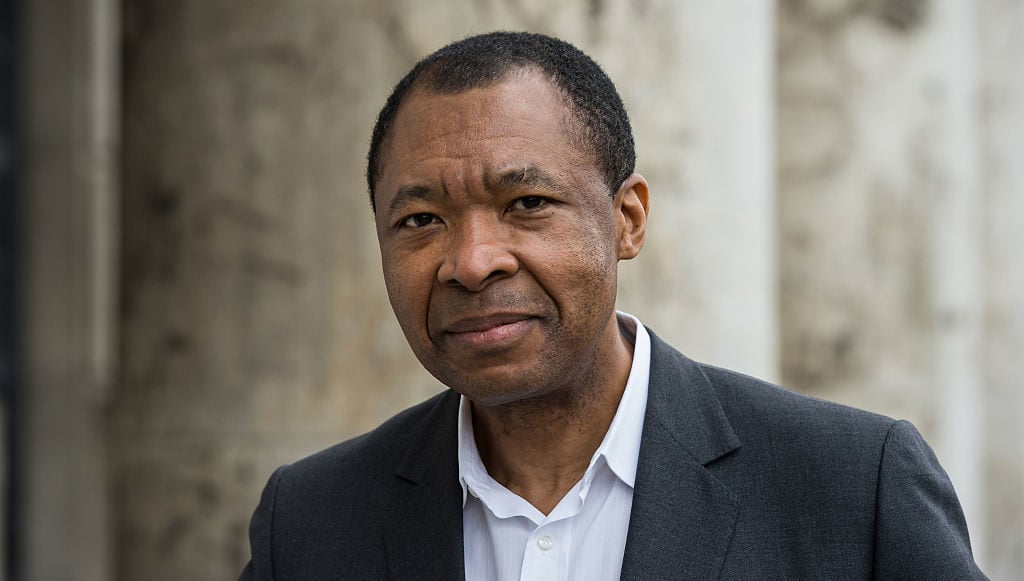Art World
The Venice Biennale Is Awarding Posthumous Golden Lions to Germano Celant, Okwui Enwezor, and Two Other Eminent Figures
The recently deceased artistic directors will be honored in a symbolic ceremony this September.

The recently deceased artistic directors will be honored in a symbolic ceremony this September.

Kate Brown

In a rare move, the Venice Biennale has announced that it will award its top prize to four former, now-deceased, artistic directors this fall.
The Golden Lion prize, which is usually awarded to an artist within one’s lifetime in relation to their works on view during a biennial, will be bestowed posthumously on artistic directors who made particularly course-changing exhibitions during the Venice Biennial’s history. This special, and likely one-time version of the prestigious award will be given to curators Germano Celant and Okwui Enwezor, to art historian Maurizio Calvesi, and to the architect Vittorio Gregotti, all of whom died within the past two years. Both Celant and Gregotti died from complications related to coronavirus.
An award ceremony will take place on September 1, just after the opening of a large group exhibition focused on the biennial’s history. The artistic director of the next Venice Biennale, which has now been postponed from 2021 to 2022, curator Cecilia Alemani, tells Artnet News that the four symbolic prizes represents “an extraordinary event in the history of the Biennale.”
The four awards will accompany an unprecedented archival exhibition that has been curated by all six department heads of the Venice Biennale’s various artistic arms. It opens on August 29 at the Giardini, and Alemani, is among the curators.
“In the context of the exhibition ‘Le muse inquiete‘ (‘The Disquieted Muses‘), these awards are a way of recognizing some of the protagonists who have shaped the history of the Biennale itself, and who are admired and recognized worldwide, and whose memory we want to preserve,” Alemani tells Artnet News.
“What they have in common, besides being artistic directors of previous editions of the visual art sector of the Biennale, is that they were able to shape history in real time,” Alemani added. “In this time of emergency and transformation, we want to salute these incredible curators, architects and art historians who taught us to interpret culture and history in all their manifestations.”
Germano Celant, a major figure in the art world who was known as the father of the Arte Povera movement, died this spring from complications with coronavirus after a trip to New York for the Armory Show. Last year, Nigerian curator Enwezor died after a long battle with cancer. Both had curated seminal exhibitions for the Venice Biennale, in 1997 and 2015, respectively.
Calvesi, an Italian art critic and art historian, had helmed the 1984 and 1986 Venice Biennales and was a three-time member of the organization’s international jury. He died at age 70 this July. Gregotti, who died this spring of coronavirus, had curated the first architectural biennale in 1975.
The decision to hand out four posthumous awards was made by the Venice Biennale’s board based on a recommendation of the group exhibition’s six curators, who each helm the biennial’s arts departments. Hashim Sarkis, artistic director of the architectural biennale that has been postponed until 2021 due to the pandemic, and Alemani spearheaded the efforts to award the prizes. Sarkis’s biennial “How will we live together?” was originally set to open this summer.
Such an award has been handed posthumously before. In 2005, esteemed curator Harald Szeemann, who helmed the 48th and 49th editions of the art exhibitions in 1999 and 2001, was awarded with a special golden lion on the year of his death.